Executive Perspectives on Navigating and Understanding Today’s Security Landscape for Small and Medium Manufacturers
EAST Session: Moderated by Colin Gilchrist For many small and medium-sized manufacturers, the overwhelming volume of information on security best practices can make organizational adoption seem daunting. From establishing basic network hygiene to tackling complex frameworks like CMMC and NIST 800-82, the journey requires careful navigation through a maze of advice, regulations, and consulting services. This panel discussion will demystify the process of implementing security at various scales, exploring practical approaches, key technologies, and industry best practices. Executives from machine monitoring, advanced security, digital numeric control (DNC) solutions and regulatory compliance, resilience and data protection — moderated by a strategic integrator serving both additive and subtractive manufacturing for the federal government—will share their insights. Designed for decision-makers, this interactive conversation will provide a clear roadmap to help organizations begin or advance their security journey. Attendees will gain a conversational understanding of the critical choices, trade-offs, and strategies needed to safeguard their operations in today’s evolving threat landscape.
